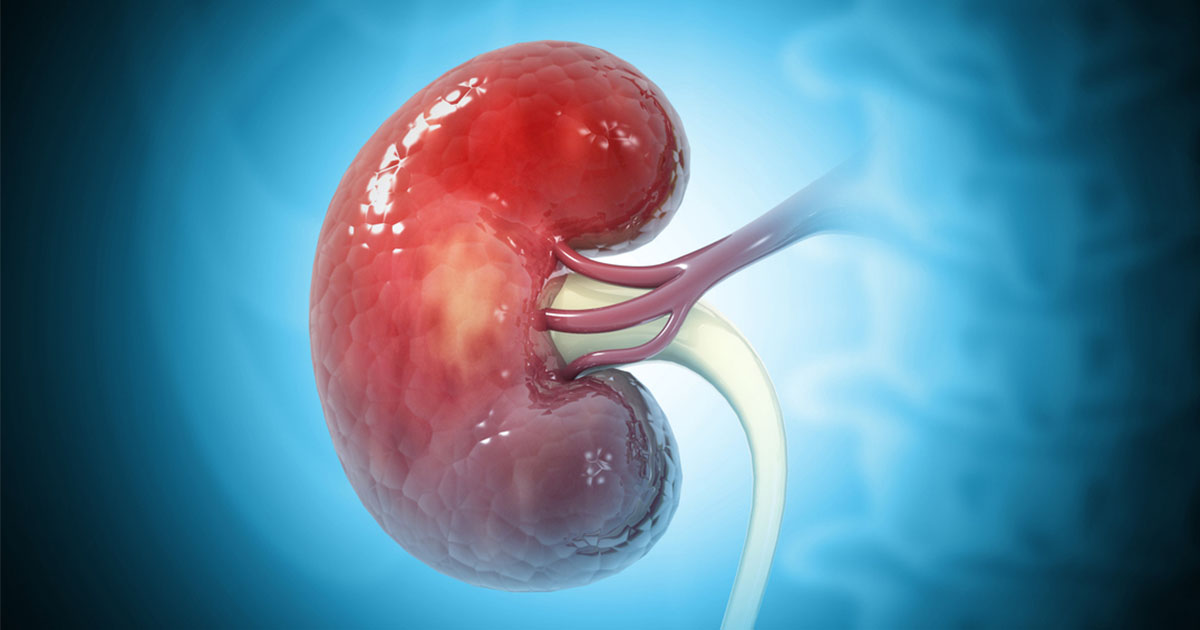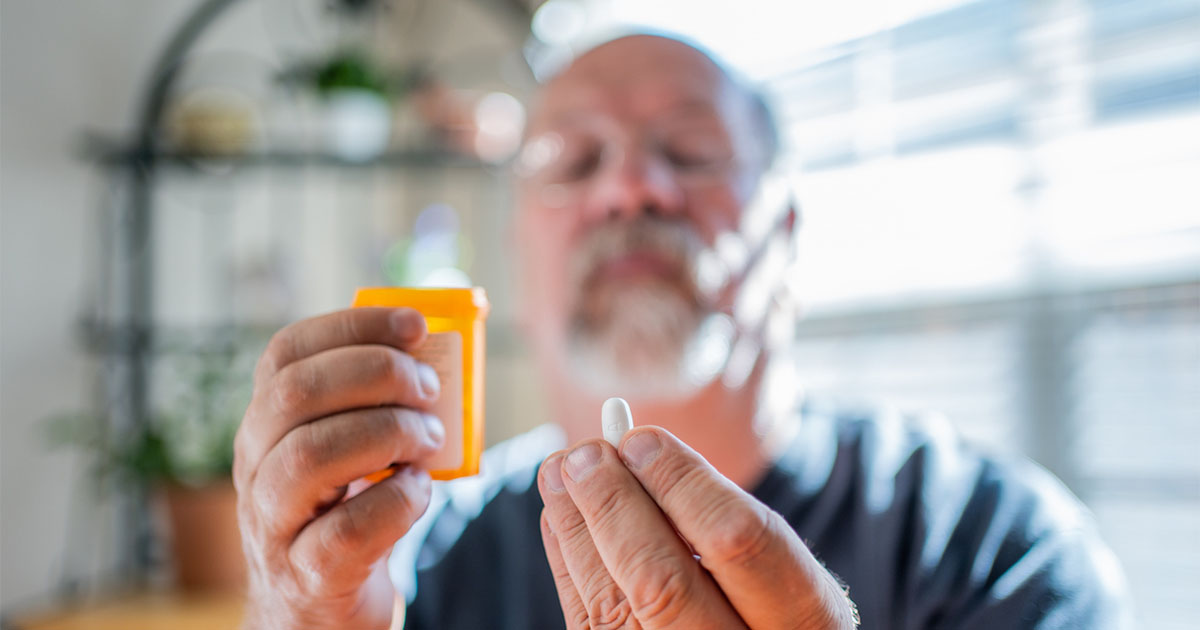The diploma discussed in this article identifies key competencies for the clinical training needs of practitioners with a special interest and links these to the academic rigour of a university master’s level programme. The course is part time and most of the study period occurs in the practitioner’s locality, allowing them to apply clinical learning in primary and secondary care locations under the supervision of a consultant specialist mentor. Additionally, practitioners can mould the course’s competency framework to their own practice and learning needs. This framework is intended to lead to a direct impact on the improvement of patient care and the development of services.
In April 2006, seven general practitioners with a special interest in diabetes began the new diploma and by October 2007, five had finished. The course is described as being of gold standard by the RCGP who have accredited the course since its conception. Other courses following the same model exist in five subject areas: cardiology, gynaecology, urology, respiratory medicine and gastroenterology.
Content delivery
The diploma is normally 18 months in length, comprising 3 practical clinical modules, each lasting 6 months, and a service improvement module that runs alongside the other modules on a directed study basis. The content of the modules covers the aims listed in Box 1. Teaching for each of these modules is initially delivered in Bradford, in order to provide both a clear foundation for placement and work-based study, and to enable valuable peer networking to be established prior to the start of work-based placements in the practitioner’s locality.
Tuition for the diploma is delivered in Bradford by clinicians and practitioners from Bradford’s health care network on two separate course days per year. The assessment of presentations and written assignments is also undertaken on two adjoining days.
Tutors involved in the course include a nurse consultant a consultant physician two GPSIs. The local mentor (a consultant diabetologist) has a key role as both overseer and enabler for the practitioner in regard to training opportunities within their secondary care diabetes setting, the assessor of their competence by the end of each 6 month module.
The practitioner themselves, however, plays the main role in shaping their own hands on training, and is encouraged to take advantage of opportunities and resources available locally, which enable them to meet their clinical learning outcomes.
The rigours of the higher education quality assurance system apply to the work of all practitioners on the course, and they may only progress from one module to the next only when competence is verified.
For admittance to this diploma, and all subsequent diploma courses, practitioners were asked to demonstrate a special interest in their subject by application form; gain acceptance by a local consultant specialist to act as their mentor throughout the 18 month placement programme; and gain PCT support to offer agreement for the practitioner to begin studies. (This part of the process enables PCTs to consider training for the future development of services locally, and clinical governance issues.)
Outcomes for practitioners on the course
The diploma was run as a subsidised pilot course, where practitioners agreed to undergo more in-depth evaluation for the purpose of course improvement, and normal fees did not apply. For all courses, the standard fee has remained £4500 for the diploma or less if fewer modules are taken (eg £2250 for a Postgraduate Certificate in Glycaemic Control), and other practitioners have since started the programme on a rolling entry basis. As this was the first diabetes postgraduate programme to be run from Bradford, feedback was sought throughout the programme. One hundred per cent feedback was obtained from all students.
Evaluation methods used were both qualitative and quantitative, and the methods used are listed in Box 2. Many of these measures are still used as standards for all subsequent courses to ensure quality and relevance of training are maintained.
Of particular statistical interest was the measure of confidence and knowledge generated from the beginning to the end of the course. Confidence and knowledge levels were measured in nine areas (listed in Box 3). Overall, students’ confidence levels (defined as self-assurance or certainty) in assessing, diagnosing, investigating (where appropriate) and managing the nine areas of diabetic care increased in 94% of areas measured. Four of the five students experienced significant improvements in professional confidence levels in every area, ranging from 12% to 350%. The fifth student saw improvements in seven out of the nine areas measured, with increases of up to 100%. The average increase in confidence was 76%, the most dramatic of which was in diabetes relating to eyes (163% overall), followed by diabetes relating to the feet and nervous system (97% and 96% overall, respectively).
Students self-assessed their working knowledge of diabetes management at the beginning and end of the course, and four moved from an average broad knowledge (point 6) or a good broad knowledge (point 8) to a thorough and updated broad subject knowledge (9 or 10). One student remained at a good broad knowledge of diabetes from start to finish, commenting: ‘Sometimes more knowledge only highlights increased levels of uncertainty!’
In relation to learning applied service improvement methods, all students moved a great distance in most areas of knowledge, equipping them to critically appraise local healthcare areas, map and improve the local patient pathway, and apply and measure the effectiveness of patient involvement.
Indications regarding pass marks for academically assessed clinical work so far (case studies and presentations) indicate an 84% first-time pass rate. This is still to be ratified at an exam board and any failing students will be allowed to resubmit work once as required.
Impact
The impact of the course on the practitioner
The effect that the course has had on the student group has been positive. Practitioners commented on detailed internal aspects of the course such as the amount of time it took to study, and some took issue with the weighting of the different academic elements in assessment terms.
In terms of application to practice, all comments were consistently positive. One of the students described the ‘huge positive impact on [her] knowledge and confidence’ of the course. Another commented that the course ‘really has extended [his] knowledge in diabetes and service provision’. A third student stated that he has had better contact with the hospital since starting the course and, given that he has had a lead role in diabetes for his practice-based commissioning group, he describes how the course has allowed him to continue this role with confidence.
The impact of the course on the development of new services
In terms of the development of new services, most comments are aspirational at this stage. One course participant hopes ‘to use this course experience to facilitate practice-based commissioning for the development of local services.’
GPSI focus: Improvements to patient care
One course participant kindly agreed to engage in a question and answer session to indicate how the course is leading to improvements in patient care for him. This is outlined below.
Q What is your title, the title of the centre/premises and location (town) of the settings in which you work (and anticipate to work if appropriate) within diabetes care?
A ‘I work as a GP at Queen Square Medical Practice, in Lancaster, with the additional role of clinical lead for diabetes for the practice based-commissioning consortium in Lancaster and Morecambe. Prior to this, I was clinical lead for Morecambe Bay PCT for diabetes.’
Q What is the incidence of diabetes in your area and what are your local targets for diabetes care?
A ‘I am not sure exactly, but it is approximately 3.5%.
The local targets are:
- For the eye screening service to become as efficient as possible
- To improve health professional training
- To build on patient education
- To improve the care of more complex cases in primary care
- To improve the care of housebound individuals
- To improve the flow of patients into and out of secondary care
- To improve the care of hospital in-patients
- The prevention of diabetes and more interventional management of impaired glucose tolerance
- For improved health professional and patient education
- To ensure maximum value for money from blood glucose monitoring.’
Q What was your main reason for coming on the course?
A ‘To give more authority to my position as clinical lead for diabetes in the local area’
Q In what ways do you think that the course will have or is having a direct impact on the improvement of your patient care?
A ‘The impact is being seen in:
- The improved management of patients on insulin
- A more aggressive approach to the management of cardiovascular risk factors
- A greater understanding of microvascular complications
- A greater confidence in managing painful diabetic neuropathy
- Better management of impotence.’
Q How do you anticipate services will develop as a direct result of this course?
A ‘I foresee that:
- Local health professional education should be better with more interaction between primary and secondary care
- There will be more proactive intervention in those with impaired glucose tolerance in the locality
- Health professional guidelines will be created for advising about blood glucose monitoring, which will be implemented and audited to see the effect.’
Q How will this be achieved?
A ‘I am involved in setting up a new health professional training programme, based on the same three ideas as the Bradford course (for example, glycaemic control, macrovascular and microvascular disease); an afternoon of each every year is the plan. I am also trying to establish regular case discussion groups as I found case discussion extremely useful and educational during the course, starting in February 2008. Improvement to services will also be achieved by involving secondary care more.’
Q What is next and do you have any other comments?
A ‘Currently, I am piloting an enhanced service that includes more active management of impaired glucose tolerance as one of its core elements. This may be rolled out to all the practices in the next financial year. Also, the health professional guidelines are to be written for advising about blood glucose monitoring. This is currently being piloted by four practices.’
Discussions are underway regarding how the education programmes team can facilitate training to update practitioners in diabetes care, and we hope to work in partnership to see accredited study days come about during 2008. For all course details, please see www.learnonline.nhs.uk.





Satish Durgam reviews who will be eligible to receive tirzpepatide for weight management and when.
24 Apr 2025